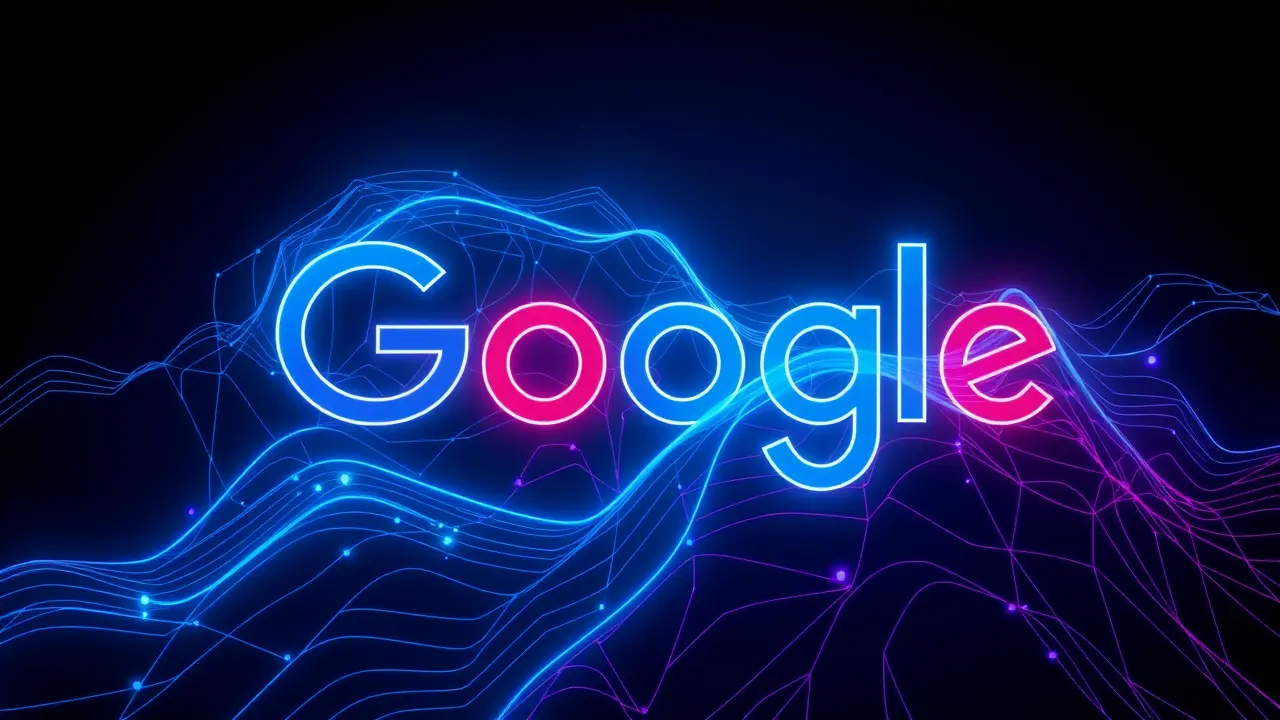Google Updates Search and Discover with New AI Features
The latest evolution in Google's algorithmic dominion, a quiet but profound update to its Search and Discover platforms, represents not merely a feature rollout but a fundamental shift in how we interface with the digital corpus. As an AI researcher who has spent countless hours parsing the latent architectures of large language models, I see this not as a simple product update, but as the latest, most polished iteration of a long-standing ambition: to transition search from a reactive tool for finding information to a proactive, conversational partner that anticipates and synthesizes knowledge.The introduction of AI-powered features is the headline, of course, a continuation of the path blazed by the Search Generative Experience (SGE). These are not standalone chatbots bolted onto the side; they are deeply integrated systems designed to deconstruct complex queries, cross-reference them against a trillion-node knowledge graph, and present a coherent, multi-faceted answer before you've even finished scrolling.The new AI-driven topic previews in the Discover feed are particularly telling. This is Google moving beyond your explicit search history and into the realm of inferred interest, using transformer-based models to build a dynamic, ever-changing model of your intellectual curiosities, serving you a stream of information you didn't know you wanted to find.It’s a step closer to the 'digital assistant' envisioned in science fiction, one that learns your patterns so intimately it can surface the relevant research paper, the critical game statistic, or the emerging political scandal without a prompt. The improved navigation is the necessary scaffolding for this AI-driven future, a user experience (UX) layer designed to make these complex machine learning outputs feel intuitive and effortless.However, the most socially significant change might be the seemingly minor one: the new option to collapse ads. On the surface, it’s a concession to user control, a nod to the perennial frustration with commercial interruptions.But look closer. The 'Sponsored' label remains persistently visible, a ghost in the machine reminding you of the economic engine that powers this entire free-to-use ecosystem.This is a masterful piece of behavioral design. It allows Google to offer a gesture of user empowerment while ensuring the advertiser's brand imprint is never fully erased.It acknowledges the ad-blocking wars without surrendering to them, creating a compromise that maintains the multi-billion-dollar AdWords revenue stream that funds everything from server farms to fundamental AI research. This delicate dance between utility and commerce is the central, unsolved problem of the modern web.The phased rollout, starting in the U. S., South Korea, and India, is a classic Google strategy, a large-scale A/B test on a global stage. These markets represent a diverse cross-section of user behavior, regulatory environments, and mobile penetration.The data harvested from these regions will be invaluable, not for improving search results in a vacuum, but for refining the AI models that power them. Every collapsed ad, every clicked topic preview, every ignored sports update is a training datum, feeding back into the neural networks to make them smarter, faster, and more attuned to the nuances of human intent.The new sports updates, for instance, are a direct application of AI's ability to process real-time data streams, extracting narrative and highlights from a chaotic flood of points, player movements, and clock times. From a technical perspective, these features are likely built upon a refined version of Google's Multitask Unified Model (MUM) or its successors, models capable of understanding information across text, images, and video simultaneously.The true breakthrough isn't in any single feature, but in their seamless integration. The AI doesn't just answer a question and then show you web links; it weaves its answer into the very fabric of the search journey, with the topic previews in Discover acting as a pre-emptive strike against ignorance.This raises profound questions about the future of information discovery and the potential for algorithmic bias. When an AI curates your information diet, it holds immense power to shape your perception of reality.The choice of which topics to preview, which angles of a news story to highlight, and which sources to implicitly trust are all decisions made by a model whose inner workings are a proprietary secret. As we embrace the convenience, we must also engage in a rigorous public debate about transparency, accountability, and the ethical frameworks that should govern these systems.The journey that began with Larry Page and Sergey Brin's PageRank algorithm, a revolutionary way to count backlinks, has now arrived at a point where the machine doesn't just count links—it reads, comprehends, and summarizes the entire web for you. This update is a significant milestone on the path toward artificial general intelligence, not as a singular, sentient entity, but as a distributed, utility-grade intelligence that is becoming an inseparable layer of our cognitive process.
It’s quiet here...Start the conversation by leaving the first comment.
